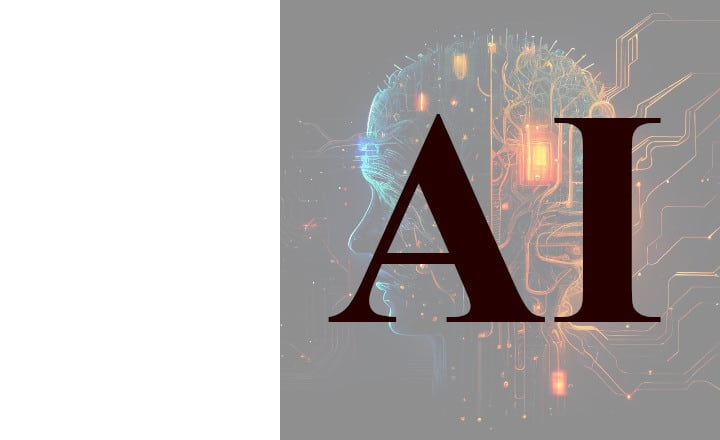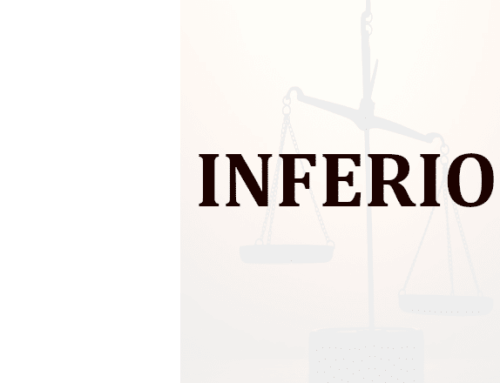Cardinal Robert Prevost chose to be known as Pope Leo XIV partly because he identified with Pope Leo XIII’s interest in meeting the challenges of the industrial revolution. Today, he says, the technological challenge comes from AI, or artificial intelligence. He warns that it poses “new challenges for the defense of human dignity, justice and labour.”
This condition was foreseen by Romano Guardini. His book, The End of the Modern World, was published in 1956, and what he had to say was ominous.
“Something has come up that has not existed before,” he told a gathering of students, “the unity of inhumanity and machine.” He was referring to the confluence of state control with the power of technology. In particular, he foresaw a situation where the technological society would eliminate “the personality of the human being,” creating a society where evil triumphed and morality and ethics were sidelined.
Guardini was an Italian-born German Catholic priest and theologian.
More recently, in 2020, the Vatican’s Pontifical Academy for Life issued a joint statement with representatives from IBM, Microsoft, the United Nations and the Italian government; Rome Call for AI Ethics sought to ground AI discussions in a moral framework. In January 2025, the Vatican released a document, Old and New, that issued guidelines on how to approach this subject, insisting that AI must serve humanity and uphold human dignity.
Pope Francis did not mince words on the challenges that AI posed. “We have to accept that technological products are not neutral, for they create the framework which ends up conditioning lifestyles and shaping social possibilities along the lines dictated by the interests of certain powerful groups.”
Francis’ concerns were legitimate. Yuval Noah Harari is one of the central figures associated with the World Economic Forum (WEF), the organization of global elites who are accountable to no one, yet wield enormous power. He predicts that AI and genetic engineering will “enable parents to create smarter or more attractive children.”
He does not address how this may impact the rest of society. Nor does he say what happens if AI falters and not-so-smart children are born.
The man’s arrogance is stunning. He envisions a society where AI will replace the Scriptures and create unified “religions that are actually correct.” He believes AI can “even write a new Bible.” He gloats that “In a few years, there might be religions that are actually correct…just think about a religion whose holy book is written by an AI.”
It is a tribute to Pope Leo XIV that he has wasted no time in fingering AI as a moral issue that needs to command the attention of Catholics. We need to establish an array of ethical speed bumps for the WEF elites, lest their militant secularism prevail.










